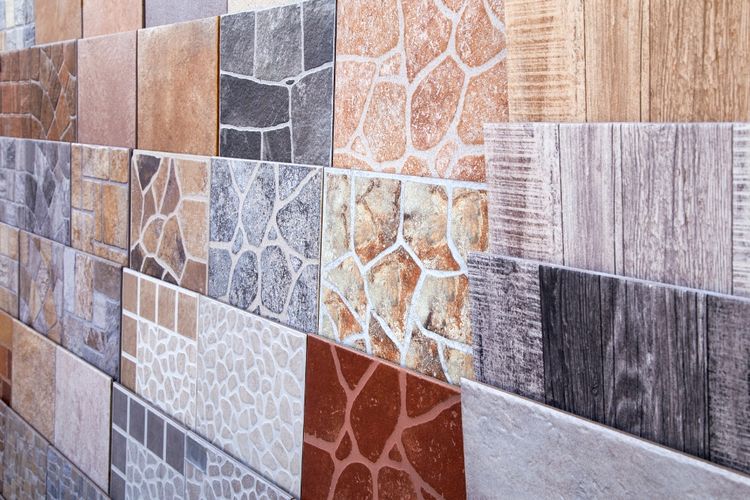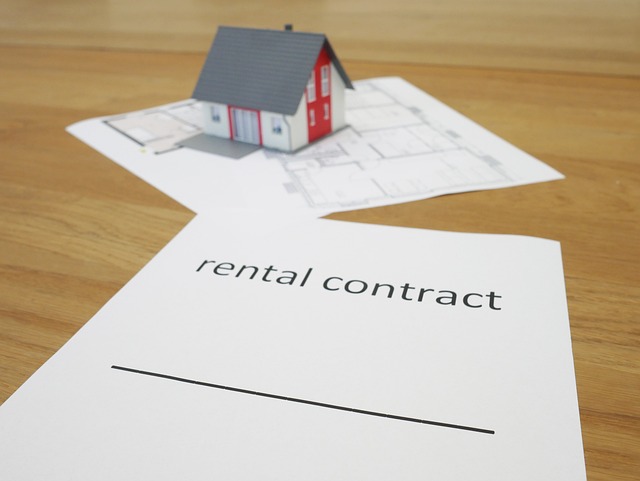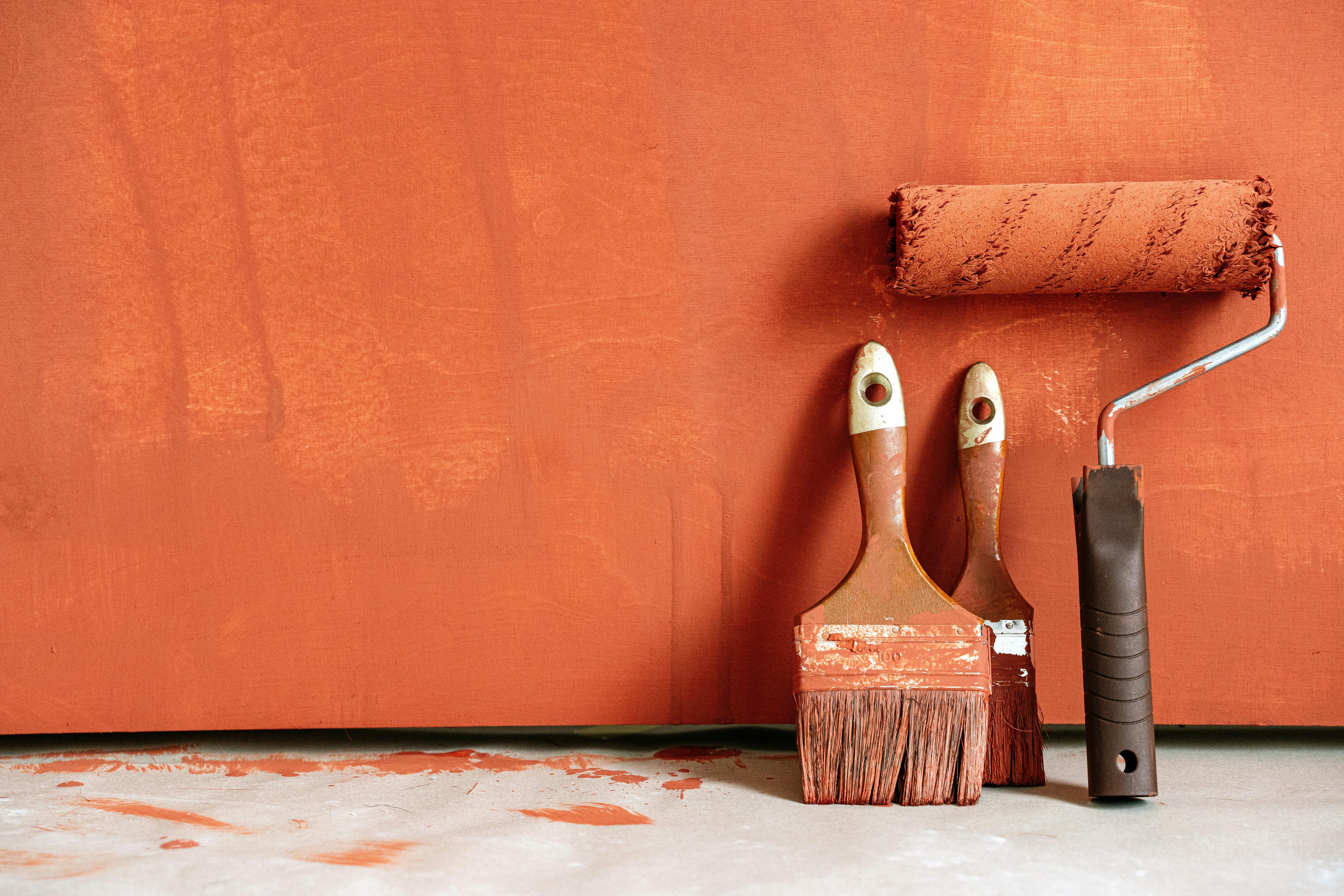What You Should Know Before Remodeling Your Shower in 2025
Planning to remodel your shower this year? You're not alone—many homeowners are choosing to update their bathrooms to increase comfort, boost property value, and save on future repairs. While a full remodel can vary in cost depending on materials and layout, there are options to fit nearly any budget. From walk-in showers to modern tiling, understanding your options before you begin is key to making a smart investment. Here's what you need to know to plan effectively.

What Impacts the Cost of a Shower Remodel?
Several factors determine your shower remodeling budget, with labor typically accounting for 40-60% of total costs. The size of your shower space, complexity of plumbing changes, and structural modifications significantly affect pricing. If you’re expanding the shower footprint or relocating fixtures, expect higher costs due to additional plumbing and electrical work. Accessibility features like grab bars, built-in seating, or zero-threshold entries also influence the final price. Geographic location plays a role too, with urban areas generally commanding higher contractor rates than rural regions.
Choosing the Right Shower Type
Your shower type selection impacts both functionality and cost. Walk-in showers remain popular for their accessibility and modern appeal, typically requiring a larger footprint and professional waterproofing. Shower-tub combinations maximize space efficiency in smaller bathrooms while maintaining versatility for families. Corner showers work well in compact spaces, utilizing otherwise unused areas effectively. Steam showers represent a luxury option requiring specialized ventilation and sealing. Consider your household’s needs, available space, and long-term plans when making this decision.
Cost-Efficient Material Options
Smart material choices can significantly reduce your remodeling budget without sacrificing quality. Ceramic and porcelain tiles offer durability and water resistance at reasonable prices, with subway tiles providing timeless appeal. Acrylic shower surrounds cost less than natural stone while requiring minimal maintenance. For fixtures, brushed nickel and chrome finishes provide longevity at lower costs than specialty metals. Prefabricated shower bases save money compared to custom tile work while ensuring proper drainage. Consider mixing high-impact materials in visible areas with budget-friendly options in less noticeable spaces.
DIY vs. Hiring a Contractor
Determining what to tackle yourself versus hiring professionals depends on your skills and local building codes. Simple tasks like painting, installing accessories, or replacing shower heads suit DIY approaches. However, plumbing modifications, electrical work, and waterproofing require professional expertise to ensure safety and code compliance. Most municipalities require permits for significant shower remodels, which contractors typically handle. Consider that DIY mistakes can lead to costly water damage or safety hazards. A hybrid approach—hiring professionals for technical work while handling finishing touches yourself—often provides the best balance of cost savings and quality results.
Unique Shower Remodeling Insights for American Homeowners
American shower remodeling trends in 2025 emphasize aging-in-place features and water conservation. The Americans with Disabilities Act influences many design choices, even in private homes, as homeowners plan for future accessibility needs. Water-efficient showerheads and fixtures help meet increasing environmental regulations while reducing utility bills. Regional climate differences affect material choices—humid areas require superior ventilation and mold-resistant materials, while hard water regions benefit from specific fixture types. Many American homeowners now prioritize quick-drying materials and easy-clean surfaces due to busy lifestyles.
What to Expect During the Remodeling Process
Understanding typical project timelines and costs helps set realistic expectations for your shower remodel. Most projects take 1-3 weeks depending on complexity, with demolition occurring first, followed by plumbing and electrical rough-in work. Waterproofing and tile installation require curing time between steps. Here’s what you can expect for different service levels:
| Service Level | Provider Type | Timeline | Cost Range |
|---|---|---|---|
| Basic Refresh | Local Handyman | 3-7 days | $1,500-$3,500 |
| Mid-Range Remodel | Regional Contractor | 1-2 weeks | $4,000-$8,000 |
| Luxury Renovation | Specialized Bath Company | 2-3 weeks | $8,000-$15,000+ |
| Custom Design Build | High-End Design Firm | 3-4 weeks | $12,000-$25,000+ |
Prices, rates, or cost estimates mentioned in this article are based on the latest available information but may change over time. Independent research is advised before making financial decisions.
Expect some disruption to your daily routine, especially if you only have one bathroom. Many contractors recommend establishing a temporary bathing solution before work begins. Quality contractors will protect surrounding areas and clean up daily, but dust and noise are inevitable. Communication with your contractor about daily schedules and milestone expectations helps ensure smooth project completion.
A well-planned shower remodel enhances your daily routine while adding significant value to your home. By understanding cost factors, material options, and the remodeling process, you can make informed decisions that align with your budget and timeline. Whether you choose a simple refresh or complete renovation, proper planning ensures results that you’ll enjoy for years to come while potentially increasing your home’s market value.




